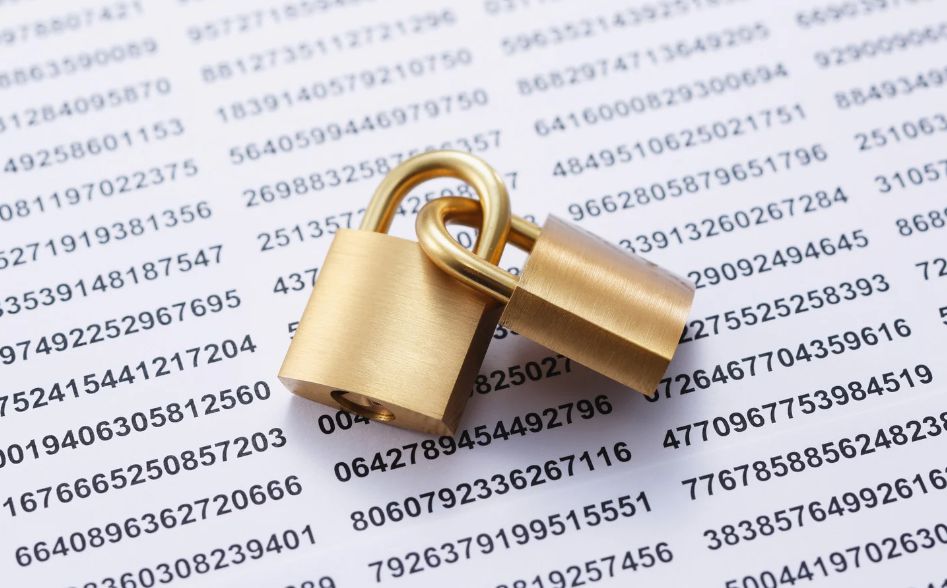Personal data security and credit freeze remain essential strategies for protecting your financial identity in 2025. Although awareness of identity theft has improved, many people still neglect a critical step—freezing alternative consumer reports beyond the major credit bureaus.
Why Freezing Your Credit Isn’t Enough
Since 2018, U.S. consumers have been able to freeze and unfreeze their credit files for free with the three major credit bureaus: Equifax, Experian, and TransUnion. This is, without question, a vital first line of defense. However, credit freeze alone do not fully protect you from modern identity theft.
In recent years, cybercriminals have evolved their tactics. Instead of solely targeting credit cards, they now exploit alternative credit reporting agencies, especially those used by banks and credit unions. Therefore, simply freezing your traditional credit files no longer guarantees complete protection.
Moreover, these lesser-known agencies often serve as gatekeepers for checking accounts and financial services. If criminals access your personal data—which often circulates for years on the dark web—they may open accounts in your name. As a result, a credit freeze alone leaves a serious vulnerability open.
How Identity Threats Have Evolved in 2025
By mid-2025, the number of identity theft cases involving fraudulent bank accounts has increased significantly. In many cases, stolen data from past breaches is still being sold and reused. Consequently, individuals are seeing their identities misused in new ways.
Not only are fake credit lines being opened, but criminals also:
- Set up phony bank accounts for money laundering
- Take out online loans using stolen identities
- Apply for peer-to-peer loans using fake credentials
- Enroll in fintech platforms with another person’s data
Therefore, if your bank screening files are not frozen, you may still be exposed—even if your main credit files are secured.
Bank Account Screening: The Hidden Security Gap
According to the Consumer Financial Protection Bureau (CFPB), several companies operate outside of the big three bureaus. These firms manage consumer data specific to banking activities and account behavior. They are known as check and bank screening companies.
The most prominent ones include:
| Company Name | Data Collected | Freeze Website |
|---|---|---|
| ChexSystems | Account closures, bounced checks, fraud | www.chexsystems.com |
| Early Warning Services | Bank account activity, account history | www.earlywarning.com |
| TeleCheck | Check verification, risk assessments | www.firstdata.com/telecheck |
Most importantly, these companies allow you to freeze your file, much like you can with Equifax or TransUnion. Once frozen, banks will be unable to access your file. As a result, fraudulent applications using your identity are far more likely to be rejected.
Additionally, very few consumers are even aware these companies exist. Even fewer know that they can lock access to their data with a simple online request. This lack of awareness creates a serious blind spot in personal cybersecurity.
Steps to Protect Yourself in 2025
To fully shield yourself from today’s identity threats, you need a broader strategy. Here’s how to enhance your defenses:
- Freeze Your Credit with the Big Three Bureaus:
Start with Equifax, Experian, and TransUnion. Use their secure online platforms to create or manage your freeze status. Additionally, make sure to save your PINs and enable multi-factor authentication. - Freeze Your Reports with Bank Account Screening Companies:
Visit ChexSystems, Early Warning Services, and TeleCheck. Fill out their online forms to restrict access to your banking history. This way, even if someone has your Social Security number or driver’s license, they won’t easily open a new account. - Monitor Your Financial Activity Regularly:
Consider subscribing to a trusted identity monitoring service. In addition, request your annual reports from both the major bureaus and the alternative screening agencies. If anything seems off, act quickly. - Enhance Your Digital Security:
Use a password manager to store your credentials securely. Furthermore, turn on two-factor authentication (2FA) on all financial platforms. Avoid storing sensitive information in unprotected cloud services or inboxes.
Data Protection: A Smart Investment in 2025
In today’s digital-first economy, proactively managing your identity is not optional—it’s essential. As identity fraud evolves, so must your defenses. That’s why freezing your credit reports alone is no longer enough.
Instead, take a holistic approach. By also freezing your bank screening reports, you close the door that criminals are increasingly using to bypass traditional security.
In conclusion, protecting your financial identity requires more than just reacting to breaches. It demands awareness, preparation, and action. Fortunately, with a few well-informed steps, you can dramatically reduce your risk—and sleep easier every night as a result.
